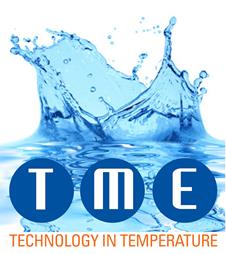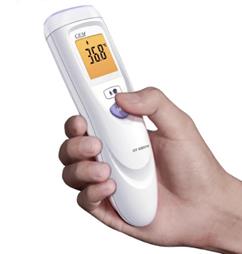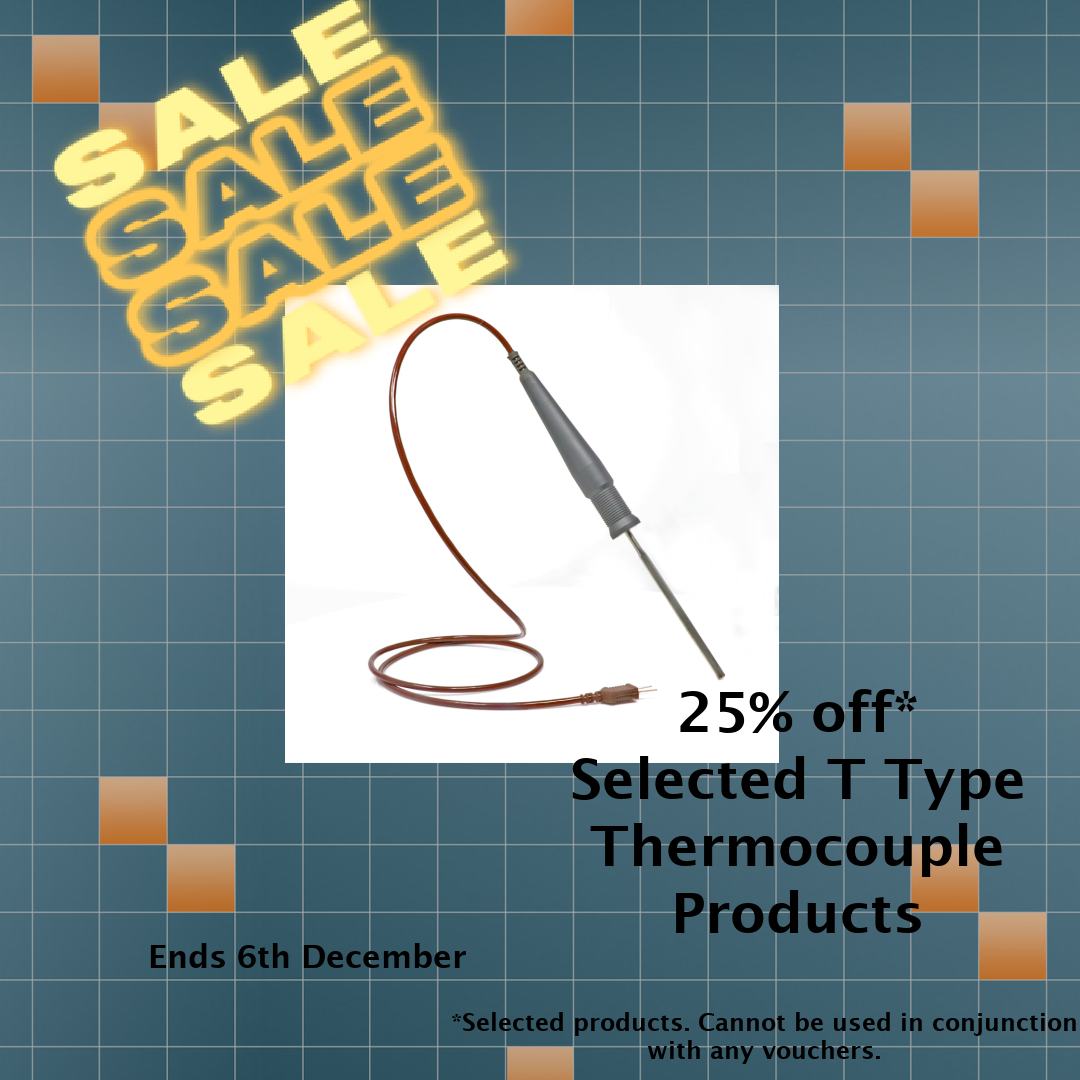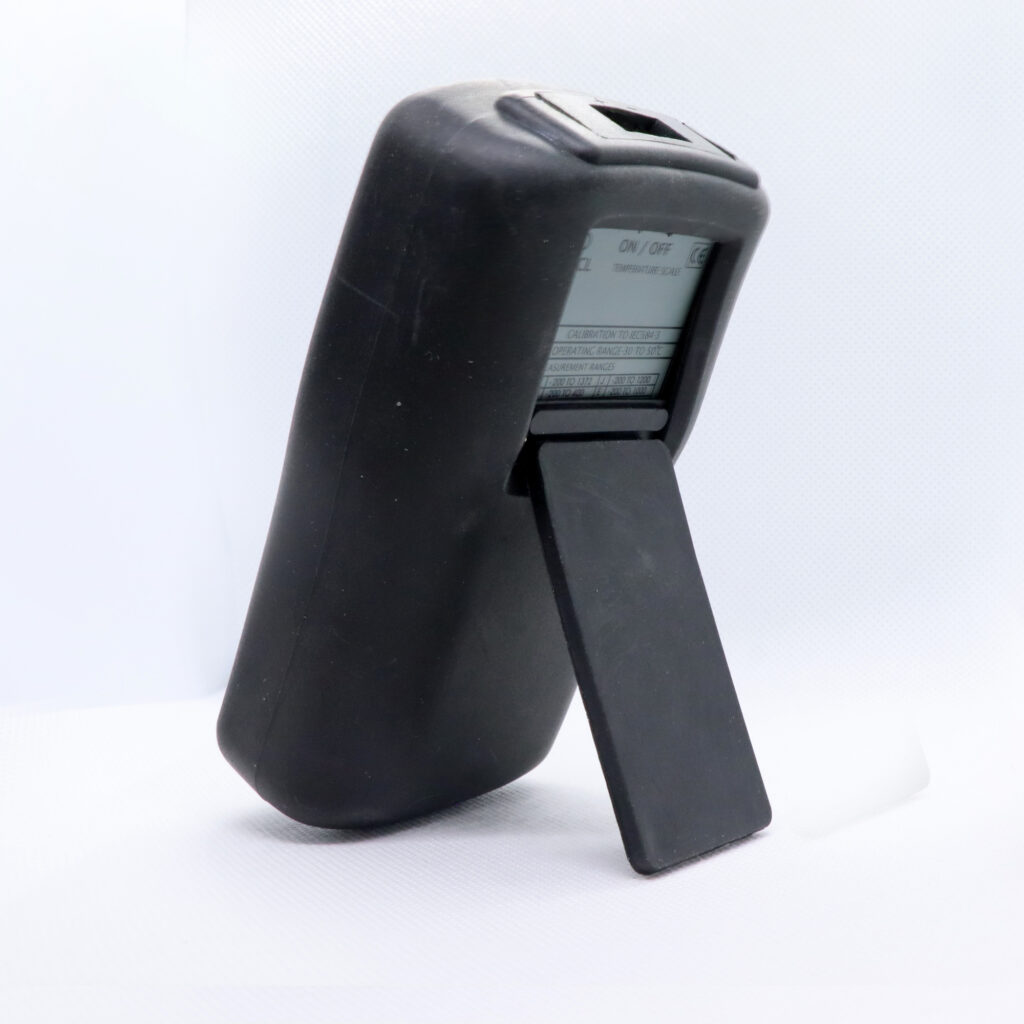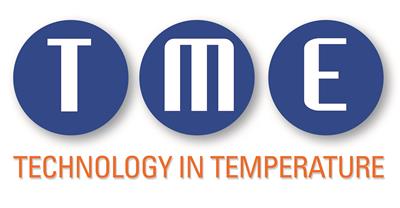Water temperature testing to prevent Legionnaires’ disease
27-07-2017
Water temperature testing to prevent Legionnaires’ disease
Is your business required to reduce the risk of Legionnaires’ disease?
TME are specialist manufacturers of digital thermometers, probes and sensors used for the prevention of Legionnaires’ disease.
Read our advice on preventative water temperature testing, your legal obligations, and the equipment we recommend to help you manage the risk.
What is Legionnaires’ disease?
Legionnaires’ disease is a potentially fatal form of pneumonia. The cause of the disease is a bacterium called legionella pneumophila.
How is it caught?
Legionnaires’ disease is caught by inhaling small droplets of water suspended in the air which contain the legionella bacterium.
What are the sources of legionella bacterium?
The legionella bacterium is found naturally in ponds and rivers or in buildings containing cooling towers, evaporation condensers, air conditioning and industrial cooling systems, humidifiers, spa baths and hot and cold water systems.
Why is water temperature important?
Legionella bacterium multiplies in water at temperatures between 20-45ºC. So a well-established method of reducing risk is to maintain an effective water temperature testing regime.
Who is most at risk?
Risk increases with age and is also an issue for anyone with reduced immunity.People most at risk are people over 45, smokers and heavy drinkers, diabetics and people who are already ill - particularly with chronic diseases or whose immune system is impaired. This means that young children, the elderly, hospital patients and residents of care and nursing homes or assisted living establishments are also a potential risk.
Which buildings are most at risk?
A surprisingly wide range of buildings and work places: typically local authority residential accommodation, universities, hospitals, nursing and care homes, housing associations, charities, hostels, private landlords, managing agents, hoteliers and holiday accommodation providers. But many other buildings may be are affected; the first known outbreak of Legionnaires’ disease was traced to a hotel, with more recent incidents occurring in a restaurant air conditioning outlet, a school hot water system, rooftop water tanks in an office block and factory cooling towers. TME supplies legionella equipment to a diverse range of businesses - from accountancy firms to marinas.
Your Legal Responsibilities
All businesses – regardless of size or type – are required by law to undertake a risk assessment and then manage and maintain risk reduction procedures.
The Approved Code of Practice (ACOP) L8 issued by the Government's Health and Safety Executive (HSE) recommends that hot water in a building should be stored above 60°C and distributed above 50°C (or 55°C for care homes and healthcare establishments), and cold water stored and sored below 20°C. Water outlets - especially sentinel points - must be routinely monitored to ensure safe temperatures.*
This code applies to all hot and cold water systems in the workplace regardless of their capacity (i.e. the lower limit of 300 litres previously used to exclude domestic systems no longer applies). Whilst domestic systems may represent a risk, the code only applies to risk arising at places of work or business premises.
This means that all employers who manage premises with hot/cold water systems and/or wet cooling systems have a legal responsibility to identify any risk of contamination and to prevent or control it. The code requires that a risk assessment is carried out by a competent person in order to establish risk level and formulate any necessary control measures
* Care must be taken when water is kept and run hot, to ensure that measures are taken to prevent scalding.
TME’s Specialist Legionella Temperature Range
We have developed a dedicated range of temperature equipment to help speed up and simplify compliance with ACoP L8 water testing. All products are listed in the Facilities Management section of our website and are available to buy on line. Here is a summary of the main products we recommend followed by a table of parameters.
To read the rest of our advice article follow this link
http://www.tmethermometers.com/news/cat/latest-news/post/legionella-advice/
TME When Temperature Matters

